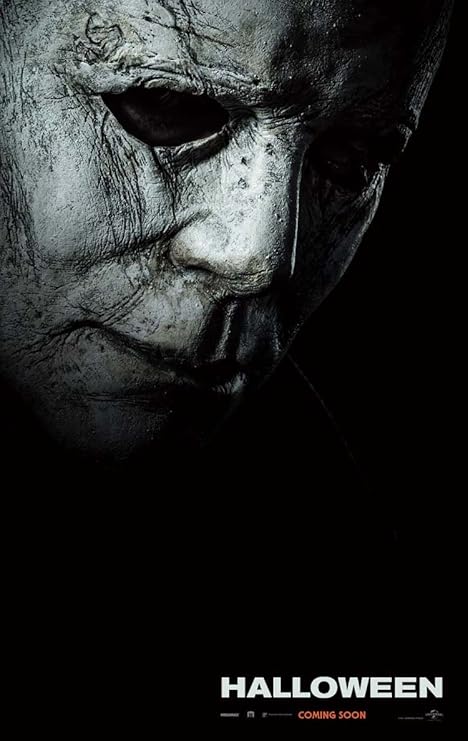 On Sunday, October 28th I went to the b.l.u.e.s bar in Lincoln Park, Chicago. We saw this cool blues band, the Billy Flynn band. Flynn is this older white gentlemen with glasses, who plays a mean blues guitar. He played this semi-hollow body Epiphone or Gibson that had a vibrato arm, whammy bar on it. He had another guitar playing primarily rhythm guitar but took a few solos, a bassist, and a drummer laying down the beat.
On Sunday, October 28th I went to the b.l.u.e.s bar in Lincoln Park, Chicago. We saw this cool blues band, the Billy Flynn band. Flynn is this older white gentlemen with glasses, who plays a mean blues guitar. He played this semi-hollow body Epiphone or Gibson that had a vibrato arm, whammy bar on it. He had another guitar playing primarily rhythm guitar but took a few solos, a bassist, and a drummer laying down the beat. The second guitar player was really good, although his solos weren't nearly as unique or characteristic as Flynns'. The drummer played the same beats for most songs. The bassist had a great tone, playing an Ernieball music man bass. They played a lot of what I would call Chicago blues, meaning that electric city blues with influences from BB King, Albert King, Muddy Waters, and John Lee Hooker, that unique city blues sound.
Flynn's voice sounds nearly identical to aging Eric Clapton's voice, but I think Flynn is much more nuanced and careful with his guitar licks than say Clapton, who probably plays a lot more than this guy, a Chicago native. A lot of the songs were blues standards but a lot of them were also originals or songs going back to the 50s or 60s that were done by the greats of the blues tradition.
The b.l.u.e.s bar is this small hole in the wall. Its even smaller and crappier than the bar I perform at open jams here in California. The mens room didn't have a lock, so that was kind of unexpected. The place is quite great though. The cover charge for the show was only $7 and there's no drink minimums. I did buy a Stella Artois which tasted great. There was maybe about 10 people there, the smallest audience I've ever seen for a concert. Well, this was a Sunday night in a college area so that's not too surprising.
I went to a classical and jazz concert during my trip to Chicago. I had to do a blues concert just to see three different genres, plus Chicago is a blues city, it would've been wrong not do see some great live blues. Flynn's guitar playing was inspirational, it takes me back to the roots of my playing, rock and blues. Sometimes all you need is one note to make a difference.
Chicago blues!










